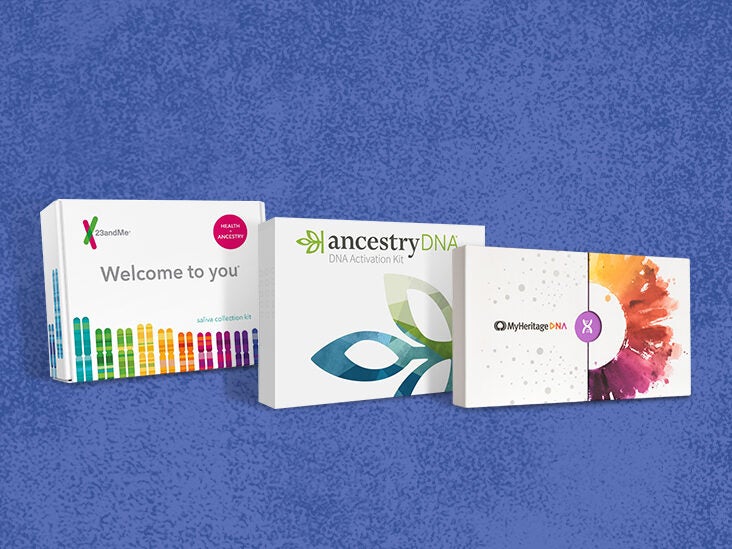What is direct-to-consumer genetic testing?
Most of the time, genetic testing is done through healthcare providers such as physicians, nurse practitioners, or genetic counselors. Healthcare providers determine which test is needed, order the test from a laboratory, collect the DNA sample, send the DNA sample to the lab for testing and interpretation, and share the results with the patient. This type of testing is known as clinical genetic testing.
Direct-to-consumer genetic testing is different: these genetic tests are marketed directly to customers via television, radio, print advertisements, or the Internet, and the tests can be bought online or in stores. After purchasing a test kit, customers send the company a DNA sample and receive their results directly from a secure website or app or in a written report. Direct-to-consumer genetic testing provides people access to their genetic information without necessarily involving a healthcare provider or health insurance company in the process.
Other names for direct-to-consumer genetic testing include DTC genetic testing, direct-access genetic testing, at-home genetic testing, and home DNA testing. Ancestry testing (also called genealogy testing) is also considered a form of direct-to-consumer genetic testing.
How does direct-to-consumer genetic testing work?
At-home genetic tests use a sample of saliva, blood or a cheek swab that is collected at home and sent to a private laboratory. Your DNA is extracted from the sample and tested for a limited number of specific genes that may be tied to ancestry or health risk. Each testing company selects which genes to analyze. Results of different tests can vary and even conflict with one another. A physician referral or prescription is not required for most at-home tests.
Why use a direct-to-consumer genetic test?
Tests may provide genetic information about your ancestors, ethnic origin, or family relationships.
Many tests include screening for certain inherited health conditions.
Some at-home tests screen for groups of genes that are linked to increased risk for developing certain health problems like cancer or heart disease.
